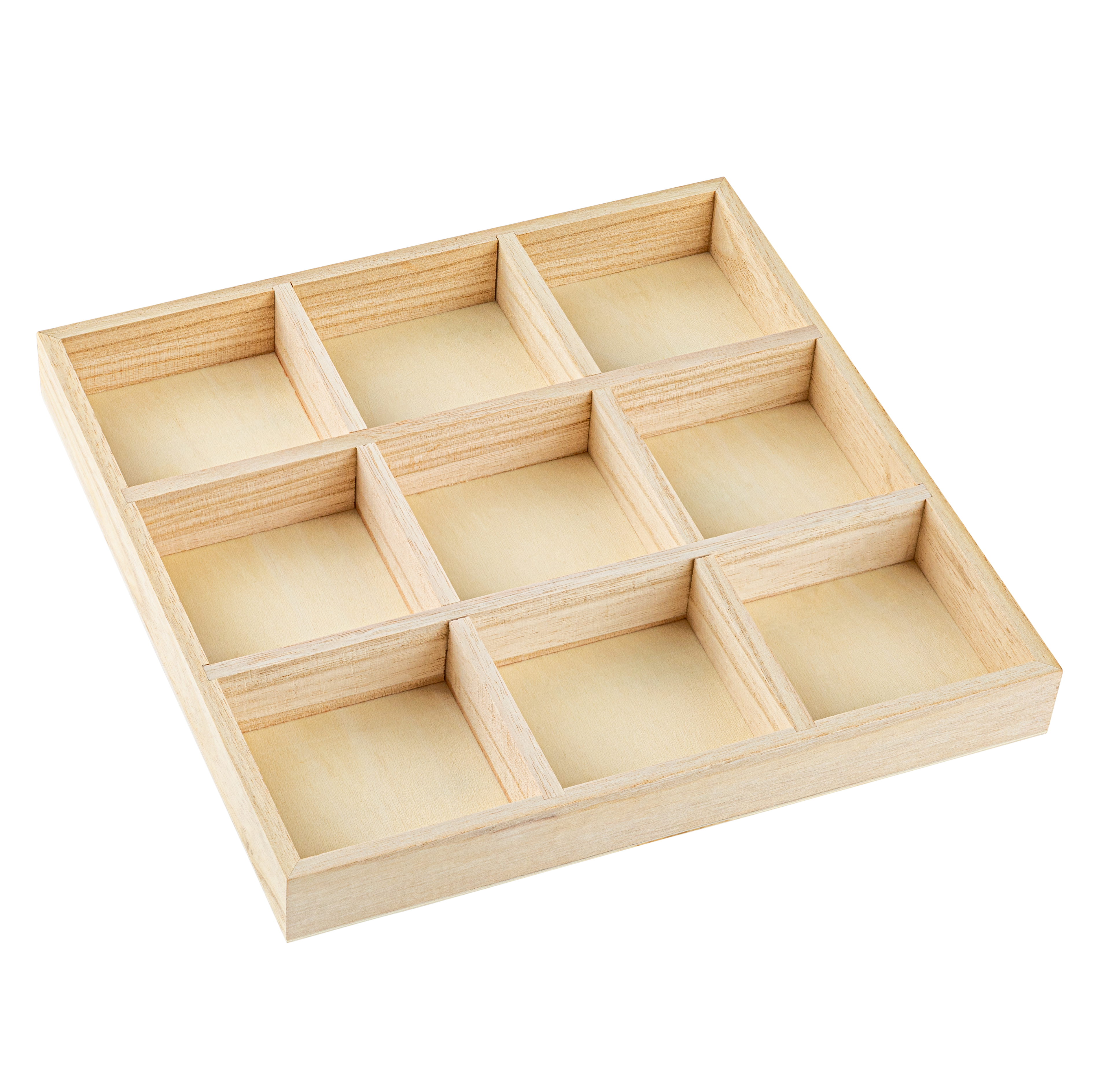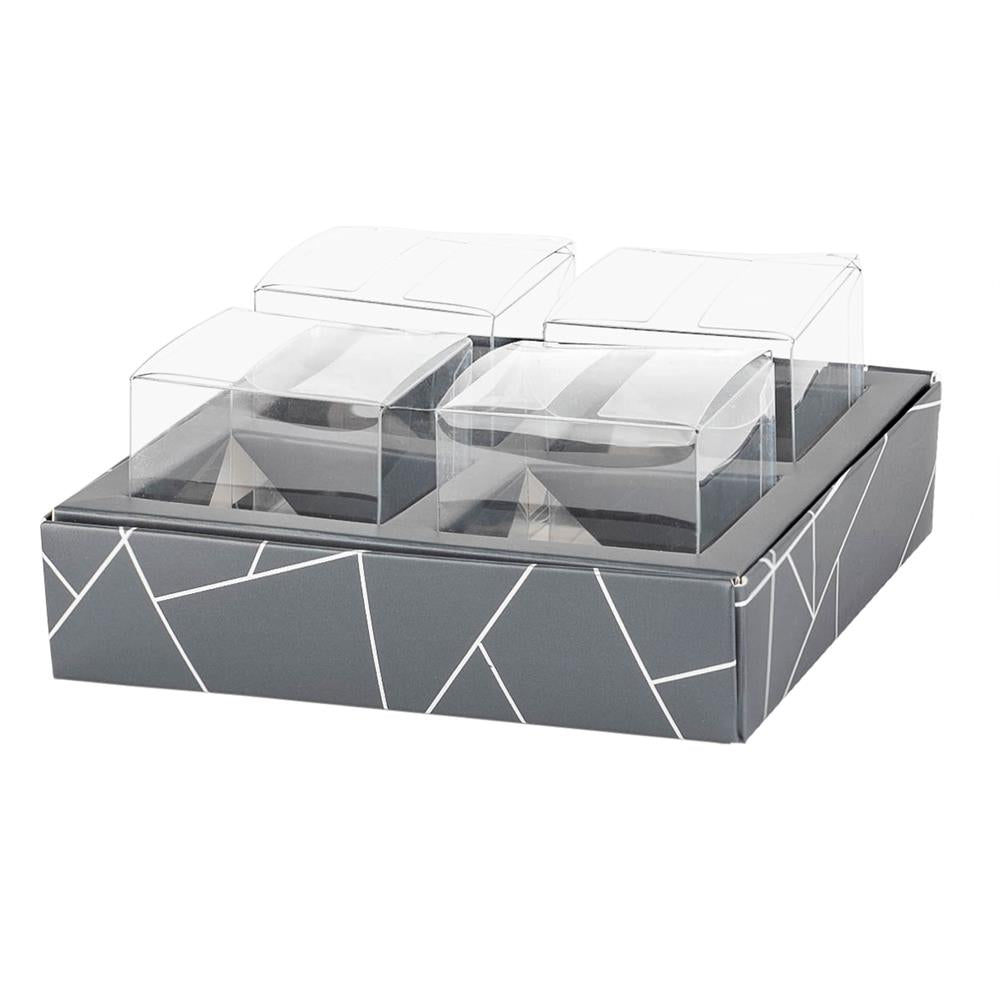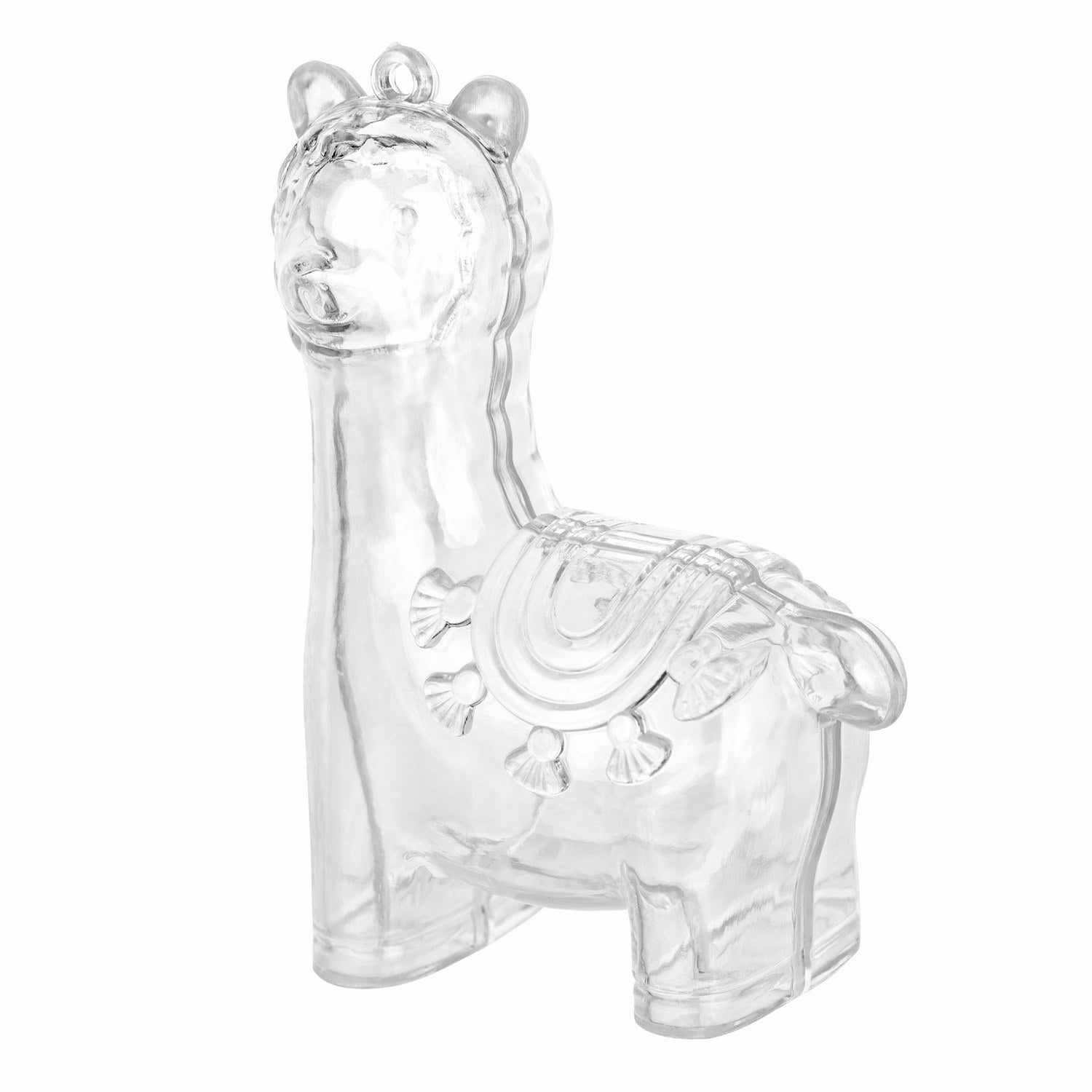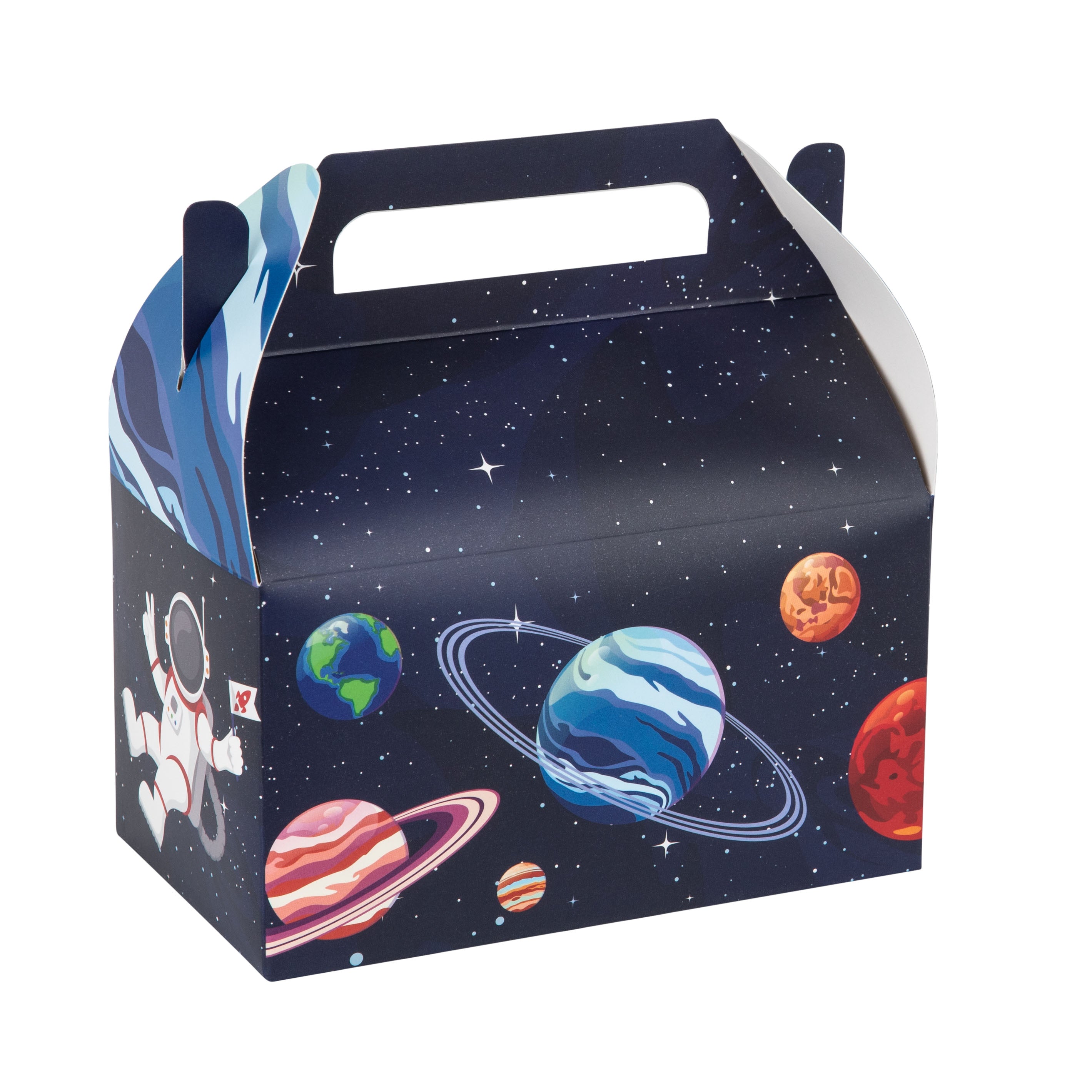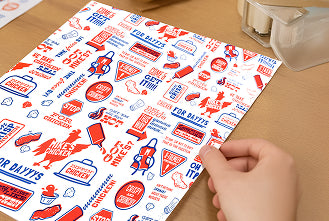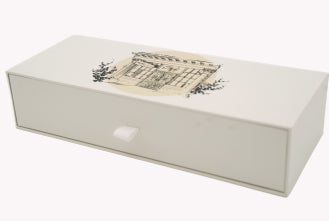Maybe you’re scrambling around. You had the gift wrap or gift bag ready to go. But you’re out of tags! So, do you really need one?
Well… maybe. Or maybe not. It depends on your style and preference, as well as how many gifts are going to end up piled together. Because let’s face it—without some sort of tag (or clever alternative), how’s your recipient supposed to know that beautifully wrapped package is from you?
In this article, we take a look at fun, creative ways to skip the standard tag while still making sure your gift stands out and gets credit where credit’s due! Let’s dive in.
When Do You Need a Gift Tag?
Gift tags definitely have their place. For instance, they’re almost necessary for office or classroom gift exchanges where multiple presents need to be sorted, large family gatherings with shared gift piles under the tree, or gifts sent by mail or left on doorsteps where the recipient might not immediately recognize the sender.
And traditional gift tags have clear advantages; they’re simple, effective, and require minimal effort. With that said, however, there are times when skipping conventional tags makes sense.
If you’re trying to save money, reduce waste, get creative with your presentation, or stick to a minimalist or cohesive wrapping style, alternatives might be more fitting.
Plus, tags can sometimes fall off or get lost in transit, making them less reliable in certain cases.
Ultimately, the decision depends on your specific context. Formal gift exchanges tend to benefit from clear labeling. Yet, personal gifts allow more freedom for creative expression and unique ways to identify the recipient. And if you’re leaning toward your creative side, we’ve got a few ideas!
Creative Gift Tag Ideas
No tag in sight? No problem; here are some ideas to help fill that gap.
Write Directly on the Wrapping
Skip the separate tag entirely by writing names and messages directly on your wrapping paper. Use metallic markers on Kraft paper or dark wrapping, creating an elegant contrast that looks intentionally designed. Or try your hand at calligraphy for an upscale feel. Or embrace playful handwriting with colorful pens for a more casual approach!

At the end of the day, this method eliminates the risk of lost tags while adding a custom, artistic touch that makes each package feel uniquely crafted for its recipient.
Use a Photo
This one might sound out of left field. But stick with us…
(It’s also worth noting that this one is best if you have some time to get a photo printed.)
All in all, it’s fairly easy to transform small printed photos into personalized gift “identifiers” by attaching a picture of you and the recipient together. This nostalgic approach immediately clarifies who sent the gift while adding emotional value to the presentation.
Make sure, however, to print photos on cardstock for durability. Then, punch a hole in the corner, and thread through ribbon or string.
Try Fabric
If you’ve already used fabric to wrap your gift, this can be a cohesive approach. But it can work well for other wrapping elements and designs, too.
Simply repurpose fabric scraps or ribbon pieces by adding stamped or embroidered initials to create reusable, eco-friendly tags. Consider using alphabet stamps with fabric ink, or hand-embroider letters for a more artisanal look.
Recipients can further reuse these types of tags for their own gift-giving, creating a sustainable cycle. But make sure to choose fabrics that complement your wrapping paper!
Use Mini-Cards or Folded Notes
Get a little more personal and tuck a small, folded note under the ribbon or into the natural folds of your wrapping paper. This approach works particularly well when you want to include a longer personal message alongside the recipient’s name.
Simply, use decorative paper or cardstock, write your message inside, and fold!
Use an Ornament or Keepsake
Double your gift’s impact by using small ornaments, charms, or keepsakes as tags. Write names on wooden discs, use personalized Christmas ornaments, or attach small trinkets that reflect the recipient's interests.
Ultimately, these functional tags become part of the gift itself, offering lasting value beyond their identification purpose.
You may also want to consider miniature picture frames with photos, small plants with name stakes, or themed charms that hint at the gift inside while serving as memorable tokens.
Get Tech-Savvy With a QR Code
Embrace technology by generating QR codes that link to personalized videos, audio messages, or digital notes. Print these codes on cardstock and attach them like traditional tags. This can be a really fun and unique surprise for the recipient.
| Occasion | Tag Needed? | Notes |
|---|---|---|
| Office or Classroom Exchanges | Yes | Helps sort multiple similar-looking gifts quickly. |
| Large Family Gatherings | Yes | Avoids confusion when gifts are piled together. |
| Gifts Sent by Mail or Drop-Off | Yes | Essential for identifying the sender. |
| One-on-One Personal Gifts | Optional | Allows for creative or minimal alternatives. |
| Eco-Friendly or Minimalist Wrapping | No | Personalized writing or reusable elements often preferred. |
The Tag Is Optional—But the Thoughtfulness Isn’t
At the end of the day, a tag is just one way to let someone know a gift was chosen with them in mind. Whether you use a traditional tag, try a creative alternative, or leave it off entirely, the real meaning comes from the care you put into the gesture. A simple name written on the paper or a small personal touch can be just as meaningful as any label.
So, choose the approach that fits your style, your budget, and the person you’re giving to. In the end, it’s not about the tag—it’s about the thought behind the gift.

